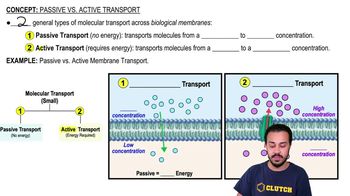Match the following choices to questions 1–4:
a. innate resistance
b. naturally acquired active immunity
c. naturally acquired passive immunity
d. artificially acquired active immunity
e. artificially acquired passive immunity
A newborn’s immunity to yellow fever.




